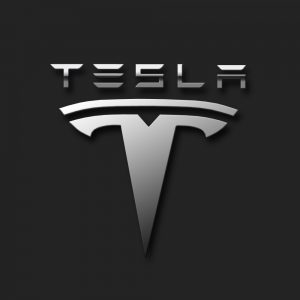 Owners of vehicles made by Tesla Inc. (NASDAQ:TSLA) are suing the company over issues with its autopilot software. Three Tesla owners says the company knowingly sold them vehicles with “Enhanced Autopilot” driving technology that can’t be used. They also claimed that the vehicles lacked standard safety features. The suit was filed on April 19 by Seattle-based firm Hagens Berman Sobol Shapiro in the U.S. District Court in San Jose, California.
Owners of vehicles made by Tesla Inc. (NASDAQ:TSLA) are suing the company over issues with its autopilot software. Three Tesla owners says the company knowingly sold them vehicles with “Enhanced Autopilot” driving technology that can’t be used. They also claimed that the vehicles lacked standard safety features. The suit was filed on April 19 by Seattle-based firm Hagens Berman Sobol Shapiro in the U.S. District Court in San Jose, California.
Disgruntled Tesla owners say their vehicles’ semi-autonomous driving systems aren’t functional. Autopilot is supposed to let cars maintain a set speed and course on the highway and even make lane changes automatically. According to the complaint, the software “renders Tesla vehicles dangerous if engaged.” The complaint also claims that several “Standard Safety Features” that were to be available in December 2016, including automated collision avoidance and automatic emergency braking systems, either haven’t arrived yet or have defects.
Tesla said in October 2016 it would upgrade Autopilot with numerous enhancements including self-parking, freeway features, and mobile summoning. However, some of those features do not work properly and others haven’t been fully activated, according to the complaint. The consumer lawsuit also alleges that the recent software updates that were part of Tesla’s AP2.0 resulted in cars “behaving as if a drunk driver is at the wheel.”
The owners want Tesla to buy back their vehicles and pay “punitive damages for Tesla’s knowing fraud that garnered it illicit profits for a product suite that does not exist and put drivers at risk.” The company built and sold about 47,000 vehicles in the fourth quarter of 2016 and first quarter of 2017 with the issues, according to the complaint. The three customers suing Tesla paid between $81,000 and $113,000 for their vehicles.
Tesla called the lawsuit a “disingenuous attempt to secure attorney’s fees posing as a legitimate legal action.” Tesla said, “The inaccurate and sensationalistic view of our technology put forth by this group is exactly the kind of misinformation that threatens to harm consumer safety.” The company said in a statement that some of the features mentioned as unavailable in the suit have already been released. The company also says that more updates are arriving every month.
